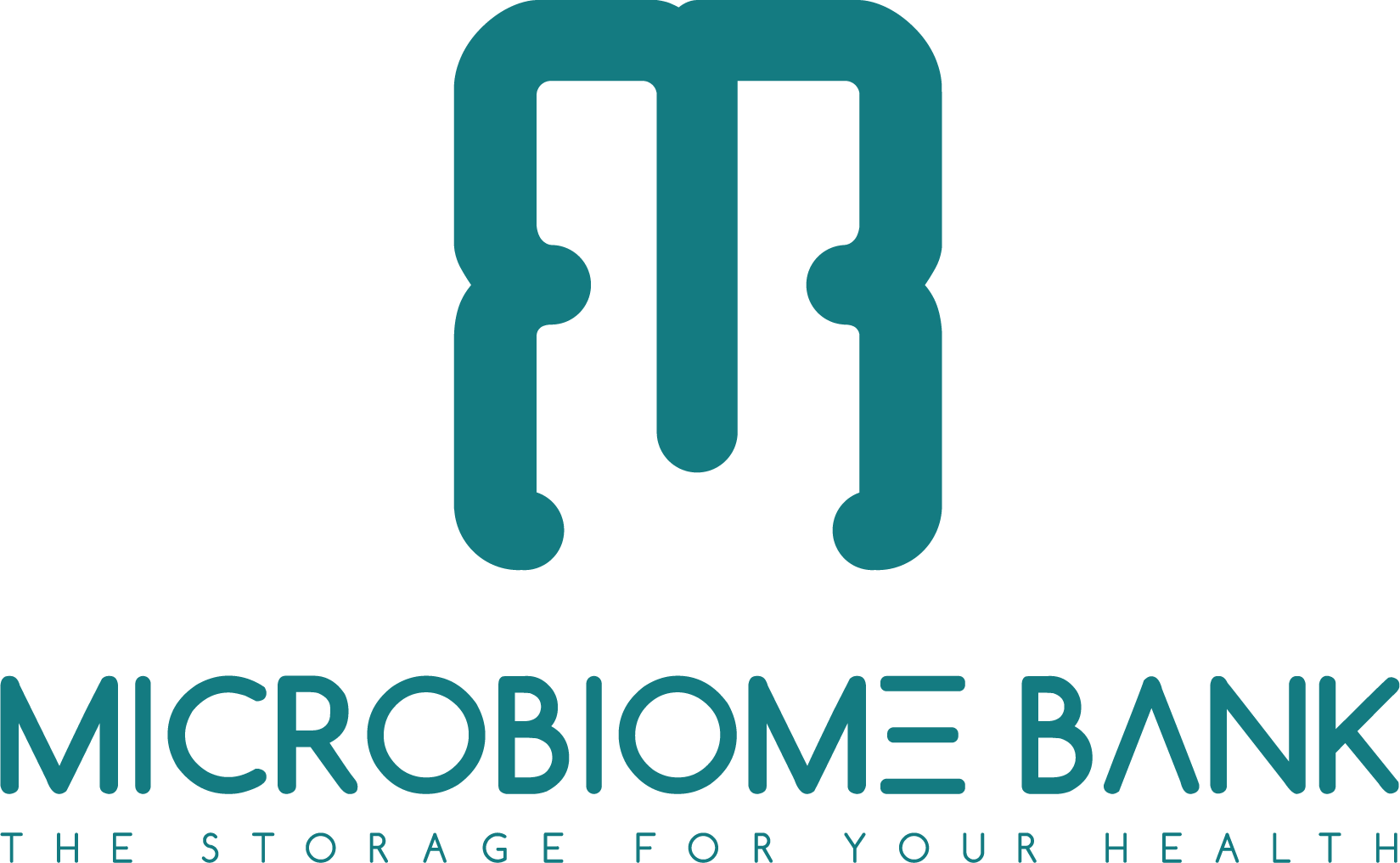My Gut and I Went to Therapy
For years, he had brushed off stress as an unavoidable part of life. Deadlines, travel, responsibility. It came with the job. And he handled it -or so he thought. But what if the real damage wasn’t in the mind, but in the microbes?
The science was clear: chronic psychological stress increases intestinal permeability, suppresses beneficial bacteria like Lactobacillus and Bifidobacterium, and fuels the growth of pathogens. It raises cortisol, which alters microbial diversity and disrupts circadian rhythm. In short, stress doesn’t just feel bad - it reshapes the gut.
He began to notice the patterns in his own body. On tense days, his digestion slowed. His stool changed. Cravings for sugar spiked. His neck became stiff. Sleep grew restless. It wasn’t subtle. His microbiota were responding to his state of mind.
So, he went to therapy - not the traditional kind, but a gut-brain reset.
He committed to daily nasal breathing exercises to activate the parasympathetic nervous system. He walked in silence every morning. He began journaling - not about what he did, but what he felt. And most importantly, he stopped eating under pressure. No phones. No rushing. Just food, breath, and presence. He dedicated an entire chapter to this in the Microbiota Manipulation Guide
He also added adaptogens: ashwagandha to buffer cortisol, L-theanine to calm his mind, and a warm cup of chamomile tea after bed. Within two weeks, things softened - internally. His digestion stabilized. Bloating disappeared completely. His heart rate variability improved. But most surprising? He started laughing more. Smiling, even when alone.
The gut-brain axis isn’t a metaphor. It’s a biological conversation, and for years, he’d been shouting over it. Now he was learning to listen.
Next week: “You Are What Grows On You” — exploring the skin microbiome and its link to aging, inflammation, and resilience.


